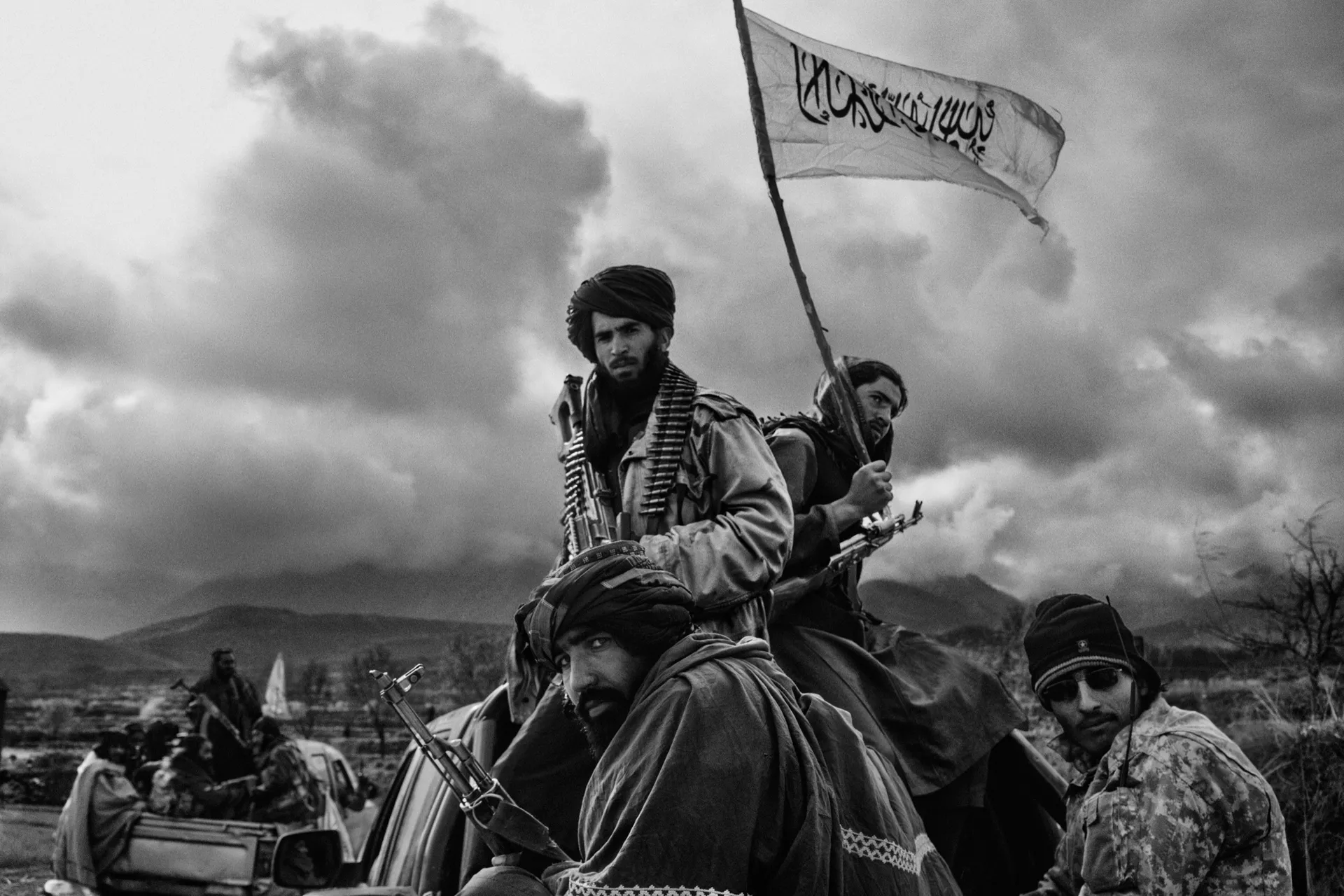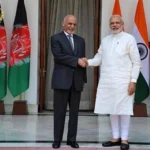The past few weeks have been crucial in launching a new chapter of bilateral engagement between the United States and Afghanistan since the Taliban seized power in August of last year. The most recent talks with the Taliban delegation, which also included their head of intelligence, Abdul Haq Wasiq, took place in Doha on October 8, 2022, between representatives from the Biden administration, including the deputy director of the Central Intelligence Agency (CIA), and the top State Department official in charge of Afghanistan. It was notably the first in-person encounter since a US drone strike assassinated Ayman al-Zawahiri, the leader of Al-Qaeda, in his Kabul flat in late July.
The meeting almost coincided with the 21st anniversary of Operation Enduring Freedom, the official code name for the United States’ invasion of Afghanistan that began on October 7, 2001. The Islamic Emirate of Afghanistan (IEA) spokesman’s remarks in a gathering commemorating the pivotal moment in their nation’s history emphasized the need for a changed strategy for the future: “the US wants stability in this region, it wants it for its [own] interests, so, if it wants to bring stability for the countries, it should engage in positive relations with the current government.”
Prevailing Fissures
Regardless of breakthroughs, the general trajectory of the US-Taliban relations supposedly leaves little room for confidence in one’s motives for the other.
The killing of al-Zawahiri was a singular event of illustrative significance in comprehending the continuing friction between the two entities deepened by their respective threat perceptions. According to the US, the presence of Zawahiri in Afghanistan was a flagrant violation of the Doha Agreement, wherein the Taliban had assured that they would not allow al-Qaeda or any other extremist organization to operate in areas under their control or to threaten US interests after US withdrawal from Afghanistan.
Meanwhile, the Taliban asserted that they were oblivious to Zawahiri’s return to Kabul, and the statement issued by the spokesman Zabiullah Mujahid a few hours after the incident condemned the US attack as a breach of both the Doha Agreement and international principles. He further said that the attack was reminiscent of other US failures over the past twenty years and was in conflict with the interests of the United States, Afghanistan, and the region.
The US interests in Afghanistan since the Taliban takeover have not evolved much from what they have been for a long time: to prevent terrorist organizations from gaining a foothold in Afghanistan and threatening the United States or its allies; to maintain regional peace; to promote inclusive governance and the protection of human rights, especially the rights of women, girls and minorities; and to address the humanitarian crisis gripping the country. Although the US has shifted greater responsibility on the Taliban to prove their viability by abiding by the commitments made in the Doha Agreement, there are indeed failures on the part of the former for which accountability is largely evaded.
The course of the occupation was characterized by US policies that led to an extremely dependent Afghan government. Against this backdrop, not only was the US-backed regime’s demise impending but it was too late for peace negotiations once the Taliban had assumed a clear military advantage, were aware of Washington’s eagerness to withdraw its forces, and hence had little incentive to make political concessions.
Pakistan: Caught in the Middle
However, the admission of shortcomings alone would not pacify the concerns of the Taliban regime. Acting Minister of Defense Mullah Yaqoob, in late August, alleged that US drones infiltrated Afghanistan through Pakistan’s airspace, based on ‘intelligence’ although the Afghan radar systems had been destroyed in the wake of the US departure.
While the charges were rejected by Pakistan in a statement by the Ministry of Foreign Affairs, incendiary rhetoric against its covert collusion with the US has persisted among the Afghans; both, locals and diaspora. In stark contrast to these perceptions, Pakistan has since the US exit from the region endeavored to have bilateral relations between the two countries be defined more broadly rather than viewed through the myopic prism of interests in Afghanistan. Interestingly though, the general sentiment in Washington toward Pakistan immediately after the Taliban takeover was anything but generous, with ties remaining stagnant until more recently with commemorations of the 75th anniversary of US-Pakistan bilateral relations.
Yet another headway observed despite mutual qualms was the prisoner exchange consequent of negotiations between the US and Taliban officials involving US Navy veteran Mark Frerichs and convicted drug trafficker Bashir Noorzai last month which raised hopes for improvement in ties.
The Way Forward
Going forward, the US-Afghanistan-Pakistan troika may need to augment confidence in each other by addressing legitimate concerns, especially those pertaining to security and regional stability which is becoming increasingly arduous with the heightened threat of terrorist activities from the Islamic State of Khorasan Province (ISKP) in Afghanistan and Tehrik-i-Taliban Pakistan (TTP), particularly in the country\’s tribal districts.
Conversely, deliberate disregard for cooperation and responding positively to raised issues to secure domestic opportunities for demagoguery may very well jeopardize the peace that is critical in encouraging future developments.
Suffice it to say that all ambitions for prosperity rest on a demonstration of greater wisdom from the same seasoned actors, albeit on a newer stage.
Your go-to editorial hub for policy perspectives and informed analysis on pressing regional and global issues.



![Sherman from United States met with Pakistan's Foreign Minister Qureshi in Islamabad [Image by Pakistan Ministry of Foreign Affairs via AP].](https://southasiatimes.org/wp-content/uploads/2021/10/AP21281255820748-150x150.webp)

Add a Comment